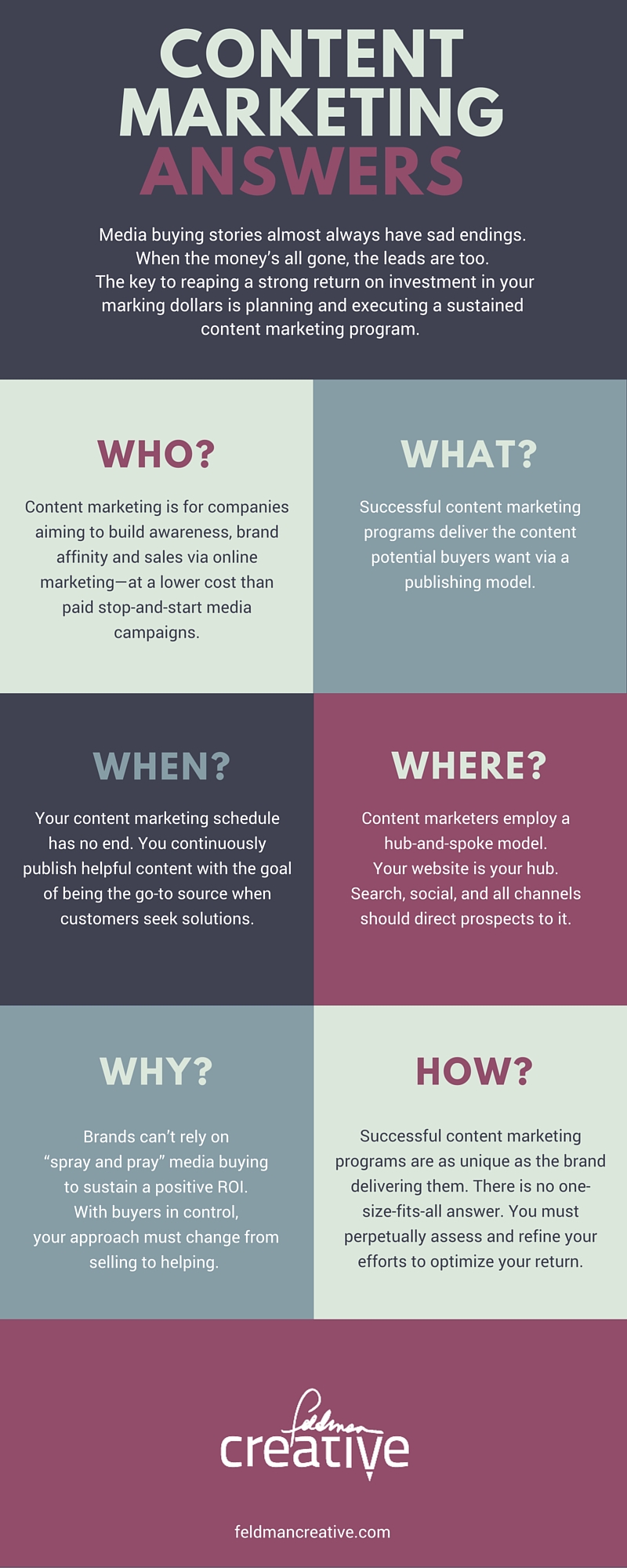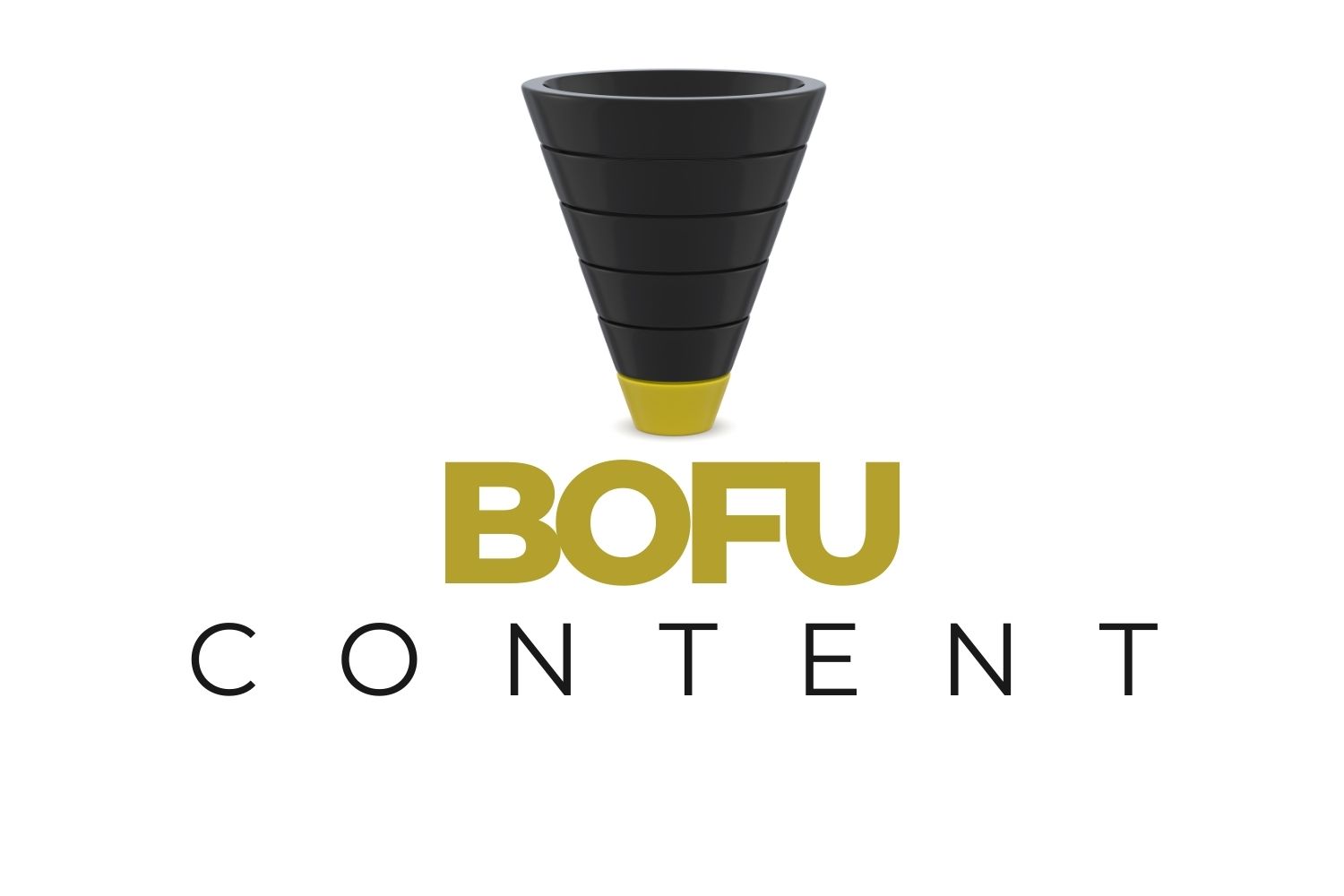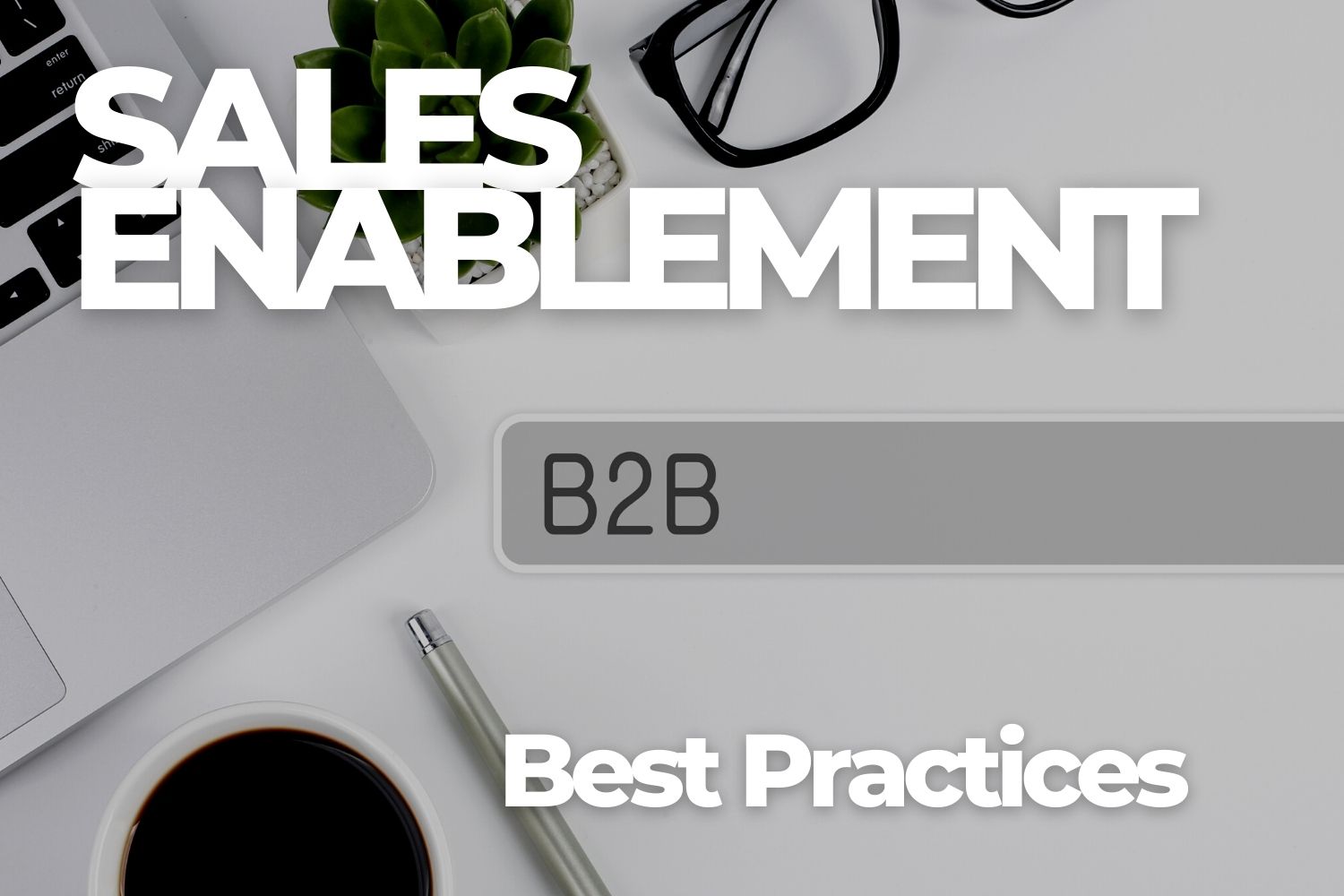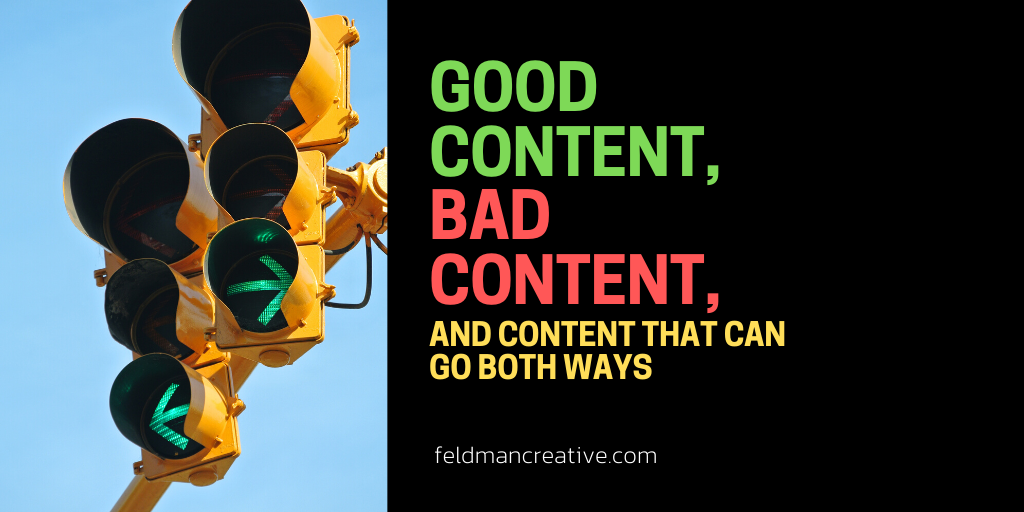If content marketing were to have a soundtrack its theme song would have to be Buster Poindexter’s “Hot, Hot, Hot.”
The percentage of companies NOT doing some form of content marketing is about the same as the percentage of people who’ve NEVER heard the tune. Don’t hold me to that. It’s not based on research. This is:
Uh-oh. Content marketing may be hot and getting hotter, but the data suggests it’s not making rain for most companies. You would think they’d dial it down or bail. Nope.
Don’t just increase your budget, increase your return
I can’t offer universal advice for managing content marketing costs. Your company has unique challenges.
I simply want to help you budget smart. And to do so, I believe you need to begin by getting a handle on the main disciplines where you’ll put your content marketing money.
My objective with this article is to give you deeper insights into the costs of content marketing, so in the end, you need not use the word “costs” to describe them. You’ll call them smart investments.
First let’s look at the big picture…
What’s it cost to do content marketing?
If you’re new to content marketing, it’s critical to understand that while you may execute specific campaigns, content marketing at large should not be thought of as a campaign. Successful content marketers are publishers and thus, the work is ongoing. Even a quarterly or yearly “blitz-and-rest” approach will deliver disappointing results. Content marketers that enjoy satisfying ROI go “all in.”
Content marketing is not a campaign—it’s an approach,
a philosophy and a business strategy.
Excerpt from “Epic Content Marketing” by Joe Pulizzi
Your approach to doing content marketing may involve building an internal content marketing team and processes, outsourcing to an agency, hiring contractors and freelancers or some combination. Like many business functions, bringing all or most of the work in-house can be your most cost-effective approach in the long run. In this case, salaries will be the largest spend factor.
Budgeting for 6 critical content marketing disciplines
Identifying the costs for something as fluid as content marketing is no easy task. However, equipped with insights from freelancers, contractors, agencies, published pieces, and my experience, I willl now try to:
- Introduce your main “spending” centers
- Suggest minimum fees and/or ranges to expect
Research and planning
Content marketers at all stages are heavily entrenched in ongoing research and planning. Established teams are likely to audit and analyze past efforts, create strategies and determine milestones at regular intervals (such as quarterly).
Of course, if you’re ramping up content marketing for the first time (or resurrecting a dead or dying effort), your research and planning requirements are bound to be substantial. Components may include:
- Establishing goals—The tactics required to meet your goals will have a lot to do with your budget.
- Targeting—Involves “field” work to create audience segments and personas.
- Sizing up the competition—You’ll identify SWOT factors: strengths, weaknesses, opportunities and threats.
- Establishing guidelines—These may include issues such as voice, style, and other factors relevant to your brand’s look and feel.
- Existing website and content audit—Most companies will discover some useful content exists in digital and/or physical forms.
- A buyer journey matrix—While much effort will focus on lead generation, the most effective plans include the creation and use of content expressly created for lead nurturing, conversion, and fostering customer satisfaction, loyalty and advocacy.
- Editorial calendar—Content types and topics are planned in advance. A calendar or spreadsheet is used and is likely to specify, authors, milestones, targets, call-to-actions, relevant metrics and more.
There are your common planning components (give or take whatever your situation calls for). You may have a head start on some of the items. The scope can vary vastly.
Fees:
- In most cases, you should budget 1-3 months.
- Expect to pay $3000 to $12,000 if you’re hiring content marketing strategists to do research and planning for your small business and up to $50,000 for enterprise strategy.
- You might hire consultants for specific components. For instance, a modest audit, audience research project, or editorial calendar plan may be run as little as $2000.
Here’s a DIY content marketing planning template I created with my friends at Contentools.
Content creation
All too often, marketers skip the research and planning tasks we’ve examined or don’t expect them to be quite so substantial. Because content marketing is often thought of as the actual content (blogs, videos, downloadable resources, etc.), every company is aware resources are required to create content. These resources commonly include:
- Writing and editing
- Research (interviewing, events, reading, surveys)
- Graphic design
- Video and audio production
- Coding
Fees will have a large range. You’ll pay more for experienced professionals and specialists. Yes, the market’s expanded far and wide, so you can easily go price shopping. I recommend you don’t. Unlike an ad or direct mail campaign, content assets live on, parked permanently on the Internet with the potential to pay dividends for years.
Fees:
- Freelance writers and designers usually charge hourly or per project.
- $200 is on the small side to have a medium length blog post written by a pro.
- Larger works will approach $1000 and beyond. Budget $2500 or more for a detailed eBook or white paper.
- More intricate projects are costlier. A professional video, for example, may involve screenwriting, shooting video, recording audio, editing, and then some.
Search engine optimization
Ideally, the optimization of your content to increase its prominence via search, takes place internally and perpetually. Understand success with SEO can yield a substantial return for many years.
It’s also common for content marketers to outsource to search professionals before during or after getting started, or at key points in specific projects.
Whichever your approach, a basic command of SEO is essential to your success.
Fees:
- Projects such as SEO audits, proper optimization of a website or blog, and link building campaigns may be outsourced. Costs might be based on page counts, estimated hours or actual time.
- Hourly rates for search professionals tend to begin at $75.
- While some tasks are largely manual, the best bang for your buck will come from pros with great knowledge and fees in the $200/hr. range.
Content distribution
Content distribution can (and should) take many forms. Amongst these are:
- Social media
- Social media advertising
- Pay-per-click (PPC) advertising
- Native or sponsored advertising
- Content distribution networks
- Other forms of digital advertising and PR
However, strong content marketing programs can succeed with small (or even no) advertising budgets.
Fees:
- The cost of social media is mostly time.
- You can try and test some social media advertising programs for as little as $5.
- PPC fees have escalated substantially in recent years, however with a savvy approach you may spend under $1/click. Because you pay-per-click, you determine the budget and can adjust infinitely.
- Native advertising, sponsored and content distribution networks tend not to have invitingly low fees. The programs vary per the demographics of the publication.
Software tools
As is the case with so many business disciplines today, relatively small investments in software—almost always of the SaaS variety now—can pay big dividends.
Most software service providers attempt to reduce or eliminate your financial risks by providing free trials or some form of low-cost entry-level purchase. Of course one of the costs of investing in software is investing the time to learn it, so you will want to consider this.
Your options are too extensive to dive deeply into here, however, the following list of software categories may be helpful.
- Social media management—Tools such as Buffer, Hootsuite and SproutSocial will help economize your time managing social activities and content distribution.
- Social listening—BuzzSumo, Mention and SimplyMeasured are leaders in the space delivering free and paid services to help you monitor and analyze social media.
- Design—Products and services to create images, page layouts, infographics and more include Canva, Visme, Piktochart, and Adobe Creative Suite. You’ll find a gamut of free and/or paid tiers.
- Project management—In this important category for content marketing teams, especially those that are geographically dispersed, options include Trello, Asana, and Basecamp.
- Analytics/SEO—All content marketers rely to some degree on the free Google Analytics platform, but options for specialized tools are plentiful.
- Marketing automation—This is probably the most explosive, popular, and important category. Options are available for companies of all sizes. Monthly subscriptions tend to be in the hundreds or even thousands of dollars. The size of your email database or prospects list may dictate the fees. Also, a robust marketing automation platform, while pricey, may reduce or eliminate your need for many of the categories listed here.
Mastering marketing automation requires a substantial investment of time. Training or onboarding programs are offered by the software providers an in some cases they’re mandatory.
The requirements of your initial setup could be complex and time-consuming, but will deliver long-term benefits. Also, it’s important to understand the effective ongoing management of marketing automation software is a demanding role and probably equivalent to a full-time position.
It’s not possible to guesstimate your costs without determining your needs and required number of users. Small businesses may gain traction with a diverse set of free tools, however it’d be wise to allocate at least $1000/mo. to create a useful arsenal of software tools.
Training and learning
A wise man takes the advice of Abraham Lincoln and invests time in sharpening his axe to make it more effective when it’s time to chop down a tree.
Because online marketing has and continues to evolve at a frightening pace, smart marketers recognize the need to invest in information products and various training programs to learn the tricks of the trade. Companies often choose to sharpen their axe in social media, blogging, content marketing, email marketing, marketing automation, search, analytics and so on.
Fees:
- Education is central to content marketing, so you could gather and use a ton of useful lesson, which are published online, at no cost.
- Information products from companies such as Udemy make professional mini-courses available at incredibly low rates such as $20.
- Subscription-based learning from companies such as Lynda.com (recently acquired by LinkedIn) start at a crazy low per person, per month fees of $20.
- Specialists such as MarketingProfs also offer subscription-based services at affordable rates, which become even more economical when bought for multiple users.
- Consultants make information products and custom training available at various fee levels.
- Market-leading consultants deliver classroom style workshops at conferences with fees in the $300 – $1000 range.
- Enterprises may tap top-tier consultants to teach and develop custom training and implementation programs with fees in the thousands per day.
Content marketing is for marketers focused on long-term ROI
The process of planning content marketing investments and executing is far from simple or cut-and-dried. “Results may vary” is clearly an understatement.
Your takeaway should be:
- Successful content marketing can deliver sustained ROI
- Short-term media campaigns compare unfavorably
- While the majority of content marketers are increasing their investment levels, most struggle to measure ROI or simply don’t realize it
- Costs include a spectrum of disciplines calling for careful consideration
- Content marketing is a long-term play with great potential ROI
My hope is the post you just read equipped you to examine the right things, ask good questions and better understand the potential costs—and rewards—of content marketing.











Comments
Jason Quey
Great insight Barry.
One of the recurring themes I’ve seen from connecting with several marketers and entrepreneurs is the need for two things:
1. Doing good research
2. Counting the costs to stick with it for the long-haul
This article should provide a lot of value to help people know how to effectively take their marketing game to the next level.